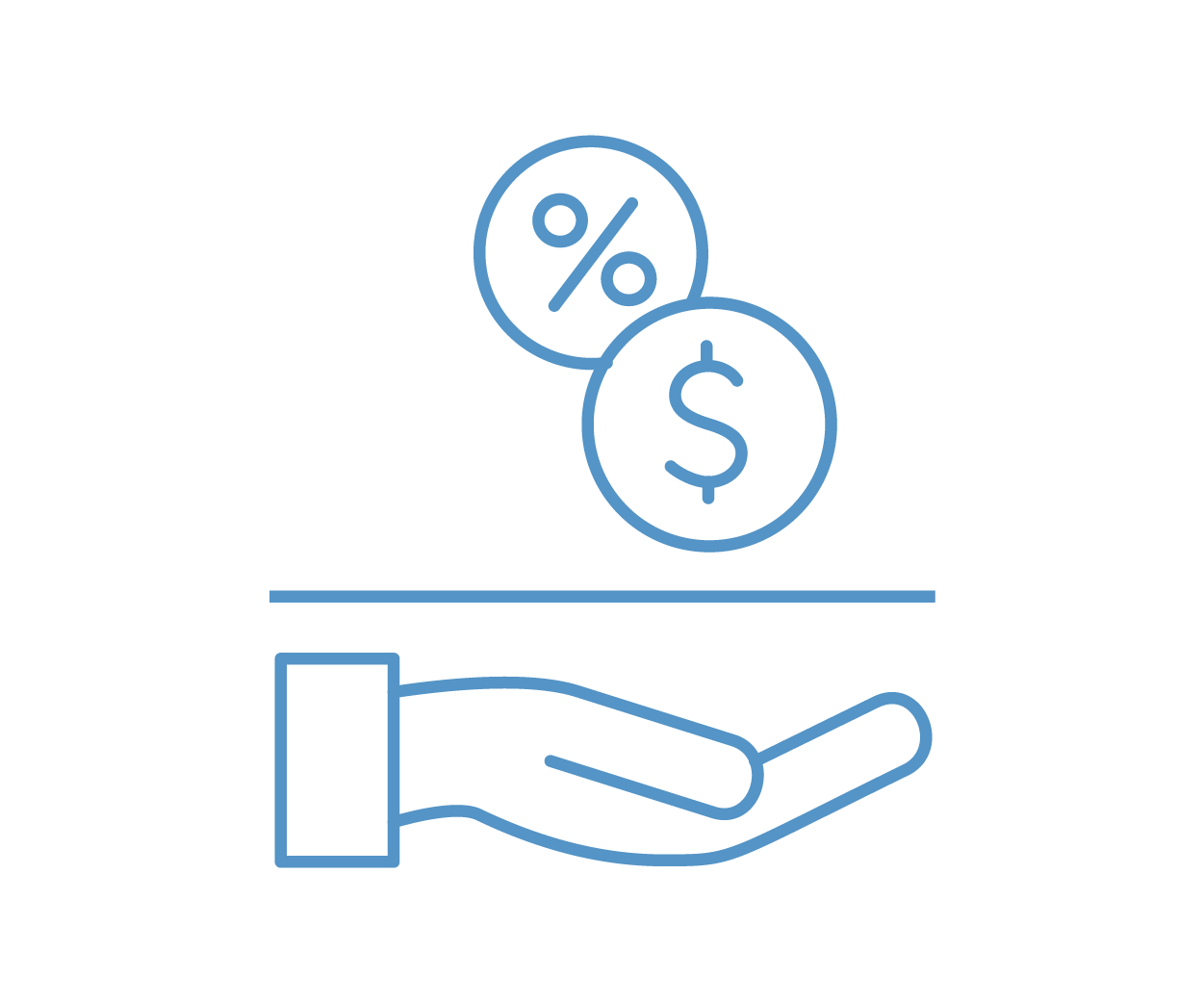Garnishment in Minnesota: Protecting Your Paycheck and Bank Account
Being hit with a garnishment is one of the most stressful financial experiences a Minnesotan can face. Your paycheck shrinks, your bank account may be frozen, and your bills keep piling up. The good news is: you have rights and options under Minnesota law.
This Garnishment Hub pulls together everything you need to know — from how garnishment works, to stopping it, to protecting exempt funds, to suing for wrongful garnishment.
What Is Garnishment?
Garnishment allows a debt collector to take money directly from your wages or bank account to pay a judgment. In Minnesota:
Wage garnishment usually means losing up to 25% of your after-tax pay.
Bank garnishment often happens without notice, leaving you with frozen funds and overdraft fees.
Garnishment is only allowed under strict legal procedures — when collectors get it wrong, their actions may be illegal or wrongful.
Learn the basics in Part 1 — Garnishment Basics.
How to Stop Garnishment in Minnesota
Garnishment doesn’t have to continue unchecked. Depending on your situation, you may be able to:
Claim exemptions to protect wages or benefits.
Negotiate a settlement to end garnishment in exchange for payment.
Vacate the judgment that gave rise to the garnishment.
File bankruptcy to stop all garnishment and discharge debts.
Explore these strategies in Part 2 — How to Stop Garnishment.
Claiming Garnishment Exemptions
Not all money can be garnished. In Minnesota, exempt funds include Social Security, certain retirement savings, child support, and need-based assistance. Even a portion of wages may be protected.
But collectors and banks don’t always respect exemptions automatically — you often need to act fast with the right paperwork and proof.
Find out how in Part 3 — Claiming Garnishment Exemptions.
Wrongful Garnishment: When Collectors Cross the Line
Debt collectors sometimes break the law. Wrongful garnishment can include:
Taking exempt funds
Misstating judgment balances
Garnishing after the debt is paid
Threatening to garnish more than 25% of wages
Continuing after a judgment is vacated
Under the Fair Debt Collection Practices Act (FDCPA), you may be able to sue for wrongful garnishment — even if you owe the debt.
Learn more in Part 4 — Wrongful Garnishment.
Take Action Now
If you’re being garnished right now, time matters. The sooner you act, the more options you may have.
In Minnesota and ready to talk to a lawyer about a garnishment?
Schedule a consult with debt defense lawyer Todd Murray.
Since 2009, Todd has helped hundreds of Minnesotans get out of debt. His work has saved his clients millions of dollars (and many sleepless nights) in the process. Todd’s clients have described him as “very professional and easy to work with.” He lives in Minneapolis with his wife and four children.


